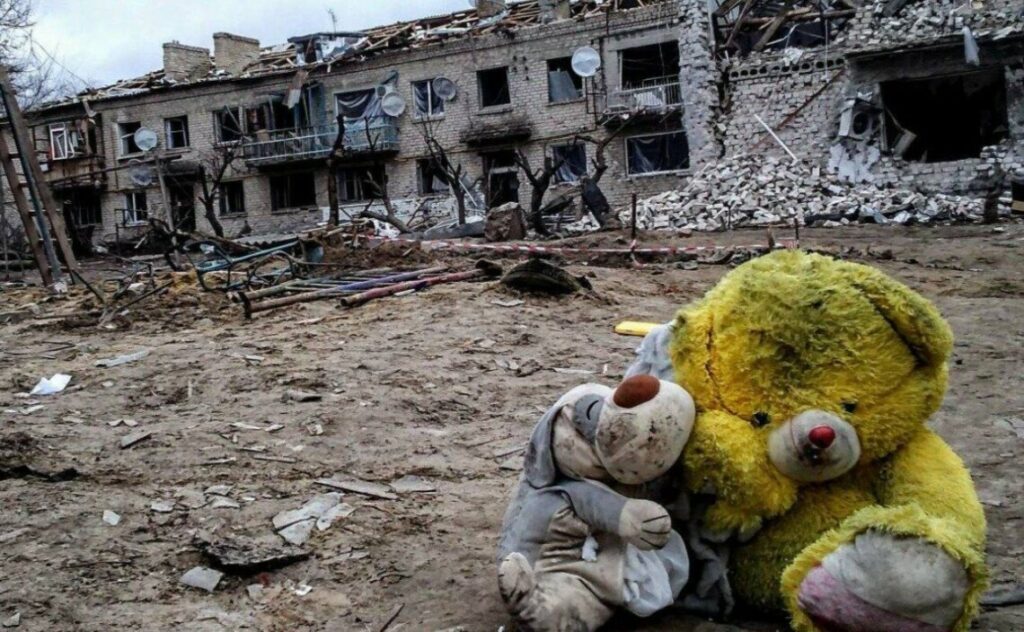
The UN commission did not see signs of genocide in Ukraine despite the presence of many indicators that could be associated with genocide. Furthermore, such statements are very incomprehensible to the world community in the context of the fact that the International Criminal Court issued an arrest warrant for Putin precisely for the deportation of children, which is one of the characteristics of genocide (HWAG already wrote about this here). This decision could be due to several reasons.
Firstly, the UN definition of genocide is precise and requires evidence of a specific intent to destroy a particular ethnic, national, racial, or religious group. This intent can be challenging to prove, and the commission may not have found sufficient evidence to meet these criteria in the case of Ukraine. There is a quote from UN Convention about genocide:
“For this Convention, genocide means the following acts committed with intent to destroy, in whole or in part, a national, ethnic, racial or religious group as such:
a) killing members of such a group;
b) causing serious bodily or mental harm to members of such a group;
c) deliberately creating for any group such living conditions as are calculated for its total or partial physical destruction;
d) measures designed to prevent childbearing among such a group;
e) forcible transfer of children from one human group to another.”
Secondly, the commission may have faced political pressures and constraints influencing its decision-making. External actors could have compromised the commission’s independence and impartiality, leading them to downplay or overlook evidence of genocide.
Thirdly, the commission’s assessment could have been influenced by the scope and nature of their investigation. The commission’s investigation in Ukraine may not have been as comprehensive or focused as in other cases, such as Rwanda or Sudan, which could have limited their ability to gather evidence of genocide.
Overall, the UN commission’s decision not to recognize the events in Ukraine as genocide highlights the complexities and challenges in determining the presence of genocide. It also raises questions about the role of politics and investigation scope in shaping the UN’s response to potential genocidal situations.
